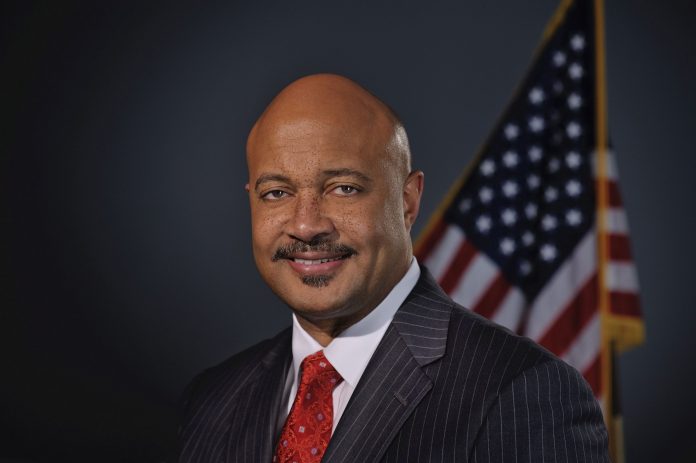Attorney General Curtis Hill at a forum Thursday morning stressed the need to dig deeper into the psyches of both police officers and the citizens who interact with those officers. Understanding what prompts certain behaviors by police and understanding why some citizens are apprehensive about law enforcement can help foster healthier interactions between the two groups, Attorney General Hill said.
Attorney General Hill emphasized this point to begin a forum about the intersection of mental health and law enforcement. Several prominent health and law enforcement officials from Indiana joined Attorney General Hill at The Bridge Forum, titled “Beyond the Stigma.â€
In his keynote address, U.S. Surgeon General Jerome Adams said the events of 2020 – from the COVID-19 pandemic to nationwide protests against police violence – have had detrimental effects on all Americans’ mental health. That includes police officers, who already encounter mentally taxing situations in their daily lives, Adams said.
Just as the death of George Floyd impacted communities of color, responses to that tragedy impacted the psyches of officers and their loved ones, Adams said. These events “viciously feed on one another†and can affect officer behavior, Adams said.
“Mental health is no different than physical health. We simply cannot separate the head from the rest of the body,†Adams said in his address.
Dr. Benjamin Chavis, a longtime civil rights leader who was an assistant to the Rev. Martin Luther King Jr., moderated a panel discussion about mental health and law enforcement. The panelists were:
- Dr. Virginia A. Caine, director of the Marion County Public Health Department
- Ryan Mears, Marion County prosecutor
- David Certo, Marion County Superior Court judge
- Jim Bontrager, Elkhart Police Department senior chaplain
During the panel discussion, Mears said “defunding the police†is not a good idea, and stressed that it is important to provide officers with the tools they need to more effectively respond to incidents in which mental health is a factor. Mears said the idea of “defunding the police†gives officers the impression that some citizens believe their services lack importance. This negatively impacts officers’ mental health, he said.
“We need the police now more than ever, but we need to make sure that we’re giving them the tools that they need,†Mears said.
Judge Certo highlighted the Mobile Crisis Assistance Team (MCAT) program in Indianapolis, which allows mental health professionals to accompany officers who are responding to subjects with mental health issues. Judge Certo said Indianapolis is a national leader in this regard and added that the program shows that communities can use limited resources in an effective manner. Â
Chrystal Ratcliffe, president of the Indianapolis NAACP, and Anthony Mason, president and CEO of the Indianapolis Urban League, were special guests at the forum.




